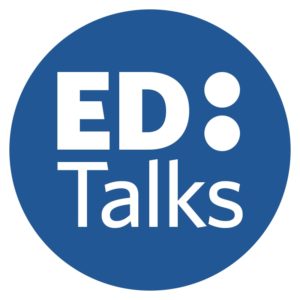
Join KIPP DC’s talent team for EdTalks. Educators have one of today’s most challenging and rewarding jobs. We’re eager to share lessons learned, resources, and practical tips to grow your impact. During this four-part professional development series, leaders will share more about our journey to meet the needs of today’s students.
Culturally Relevant Literacy
Over the past three years, KIPP DC has worked to create more culturally and historically responsive literacy classrooms. We studied the work of Dr. Sharokky Hollie and Dr. Gholdy Muhammed and incorporated their principles into our unit and lesson design. Hear more about the work of our curriculum committees, the tools created to cultivate genius in our classrooms, and practices you can take back to your school to ensure students see themselves in what they read.
Curiosity-Driven STEM
Science, technology, engineering, and math (STEM) classrooms should be exciting, engaging, and offer students a connection to the real world. Join us as we share how our vision and beliefs about STEM have evolved over time and what lessons learned you can apply in your classrooms to support the next generation of mathematicians, engineers, and doctors!
Post-Pandemic Mental Health
In our “new normal” students are faced with social skills deficits; the impact of trauma, grief, and loss; and recurring crises. The KIPP DC mental health team partners with schools and parents to implement proactive strategies to address these challenges, with particular emphasis on suicide prevention in elementary, middle, and high schools. In this session, you will learn more about the mental health programming and supports in a post-pandemic world—both preventative and responsive.
Equitable & Inclusive Schools
Join us as we share KIPP DC’s diversity, equity, and inclusion journey that has compelled us to reflect on our mindsets, practices, and policies. You’ll hear about our challenges, successes, tools we have used, and the impact we’ve seen across our community. Participants will gain an understanding of what practices and tools they can take back to their classroom and school community.
